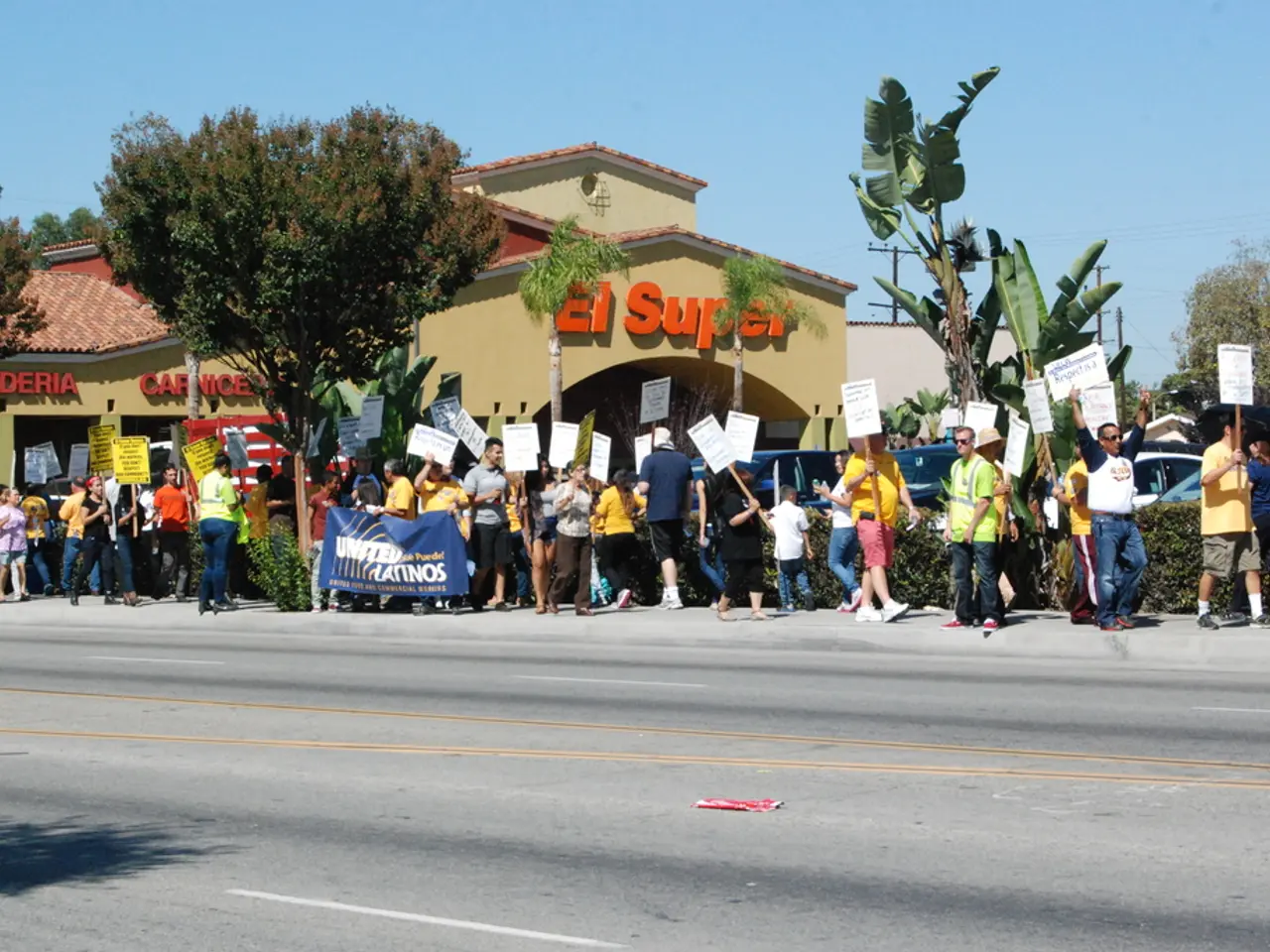Enhancing Results Demands Unceasing Advancement
Data dashboards are becoming an essential tool in public systems, providing visibility into what truly matters and fostering collaborative, data-driven conversations. However, for these tools to drive meaningful change, civil servants need to be supported and incentivized to act on the data.
The importance of measurement in public systems is undeniable. It creates accountability, helping agencies understand what's working, what's not, and where to go next. This continuous improvement process, which uses data and feedback to reflect and change behavior, is key to strengthening public systems over time.
Unfortunately, systemic barriers such as fragmented data, siloed services, and a cultural norm of valuing program design over measurable results often hinder progress. These challenges are not unique to any one region, but they can be addressed.
Take, for example, the SNAP Career Advancement Network (CAN) in Arizona. By combining real-time data, virtual tools, and trusted community partners, CAN delivers tailored support to its participants. In Cuyahoga County, Ohio, a similar approach was taken with the National Guard scholarship program. The implementation of additional support, such as transportation, child care, and coaching, helped more Guard members complete school and access quality jobs.
In Washington, the Basic Food Employment & Training (BFET) program connects SNAP recipients to career pathways aligned with local workforce needs. Providers in this program are reimbursed based on participant outcomes, creating a built-in incentive to improve.
Across the country, government agencies are shifting their funding models to align with outcomes. This move away from traditional cost-reimbursement models and toward milestone-based payments encourages agencies to focus on results rather than processes.
The flexibility of programs like CAN allows them to evolve in step with participants' goals and circumstances. In Colorado, the Opportunity Scholarship Initiative (COSI) combined two separate programs, the Matching Student Scholarship (MSS) and Community Partnership Program (CPP), based on data and community input.
The phrase "What gets measured, gets managed" is often used to rethink success in public systems. Integrated data, clearly defined goals, and a shared commitment to learning are key to making smarter decisions, allocating resources more precisely, and course-correcting as needed. When systems are designed to listen, learn, and adapt, they deliver better outcomes in people's lives.
Caroline Whistler, the co-founder and CEO of Third Sector Capital Partners, is a leading advocate for this approach. Her work is making a significant impact in communities across the nation.
As we move forward, it's clear that data-driven decision-making is the key to a more efficient and effective public sector. By focusing on outcomes, we can ensure that our resources are being used to make a real difference in people's lives.




